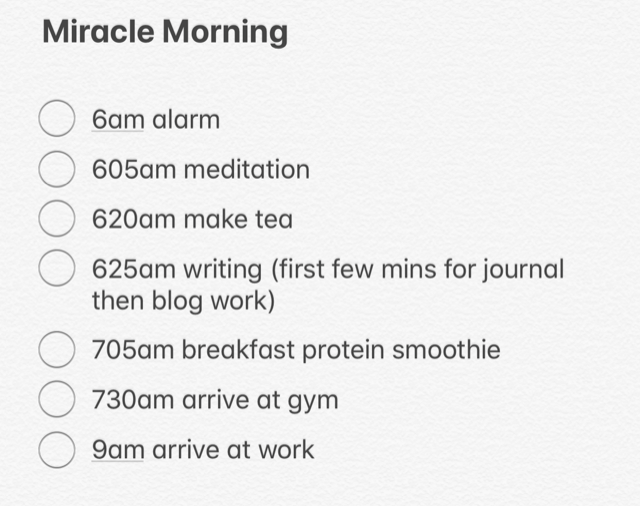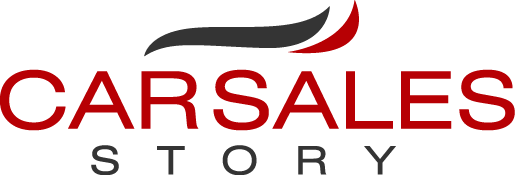Table of Contents
A few days ago I met with one of my mentors for some one-on-one coaching. My August sales had gone well, with strong volume and happy customers. I carried little intention into the meeting, rather opting to create an open space to receive whatever my coach had on his mind. (In place of my mentors true name, we will be using the pseudonym “George”.)
Lucky for me (and now for you as well), he had some wisdom ready to share.
While I won’t edit heavily what he shared with me, I will extrapolate on the things that he brought to me. In just under 30 minutes we covered a range of topics, from controlling our tendency for autopilot, the danger of distractions, and bedtimes.
Without further ado, let’s jump in.
[mc4wp_form id=”25181″]
One-on-One Coaching: Discipline From Your Toothbrush
George has a passion for discipline that he focuses on in all of our one-on-one coaching sessions. I believe that being a veteran profoundly focuses his view on the subject.
In George’s eyes, freedom is born out of self-discipline.
In our training session, George encouraged me to practice self-discipline both at home and at work. Discipline is a muscle that needs to be exercised, and he shared with me three easy “workouts.” These behaviors would, he believed, allow us to remind ourselves that our mind is in control of our body’s desires (and not vice-versa).
With a little work, he said, we can remind ourselves not to coast on autopilot.
The first trick? Switching hands when brushing our teeth.
Switching hands? How will that help…
When you brush your teeth, your mind lets go of control and your muscle memory takes over. The task, like so many other parts of our life, is relegated to autopilot.
The first thing you will notice when you switch hands is just how strange it feels. How much you need to think to accomplish the task. You will feel more sensation and notice things subtleties of brushing.
This trick, George said, reminds you about everything in your life that you are relegating to autopilot.
Are you introducing yourself to customers on autopilot?
Are you walking into your office and saying “good morning” on autopilot?
How about your personal life? Do arrive home and greet your partner on autopilot?
Swapping hands while brushing your teeth can serve as a reminder of just how able your body is to take over the day-to-day tasks in your life. Although this is natural, it can be dangerous. Someone that is on autopilot does not take risks. They don’t “surprise and delight” their customers.
Salespeople on autopilot do the bare minimum required of them.
One-on-One Coaching: Discipline Countdown
Discipline comes in little pieces.
“Here’s the other one,” George said, “try doing an alarm clock countdown every morning. When the alarm clock goes off, start a countdown in your head…’1, 2, 3, up!’ and get going”
I love this habit.
When the alarm goes off in the morning, I’m just as liable as anyone to slam the snooze button. If instead I do this mental countdown, I am able to prepare myself for a successful day.
It’s the little things.
At the end of the day, George stressed, discipline is a skill you must develop with focused effort. Discipline is your ability to overcome autopilot.
One-on-One Coaching: Distractions
Distractions are the antithesis of discipline. George took a serious tone when addressing distractions.
“No matter what your distraction, be it TV, Internet, Videogames, or other people, you need to take back control,” George said, “Whether at work or at home, distractions will destroy your discipline”
As a way to combat these distractions, he gave me these simple questions to ask myself. When you notice yourself getting distracted, stop and ask yourself:
Is this (what I’m doing right now) helping me, hindering me, or simply neutral (keeping me stagnate)?
If you can catch yourself from the distraction (and the ensuing mental autopilot), you might have a chance of avoiding the pitfall!
I’ve found that I am distracted most when I’m tired. As the day grows older and the sun sets, my discipline goes out the window. My clean diet turns towards high-sugar sweets and my half hour of Netflix becomes a marathon. How often does that happen in the morning?
My Miracle Morning
As such, I’ve been trying my best to become a morning person. The idea was first sparked by a colleague who had read the book “My Miracle Morning.” I hadn’t heard of this book, although the idea was vaguely familiar. Although I haven’t had a chance to read the book yet, the advice seems to boil down to having a well planned out and effective morning that is identical everyday.
This is what I’ve come up with:

Return of the iOS Notes app!
Simple right?
I’ve found that the simplicity helps, and the results are great. If I am able to wrangle my morning into this schedule, I feel a warm glow the whole day. My work mind is clear. After work, my mind is at ease as the bulk of my self-care and tasks were done first thing that morning.
One-on-One Coaching: Focus on Communication
Since I am in sales and management, George always focuses on communication when we meet. How can you get your message across in a way that builds up, not tears down, a relationship? He gave me a simple list of internal questions to keep an eye on when delivering a message:
- Who is receiving my message?
- Why do they need this message?
- How can I deliver clearly what I want to communicate? (concentrate on the connection, always!)
These simple questions help align me when communicating. Some customers want to have a luxury experience, while others only care about efficiency. We all need to constantly remind ourselves to tailor our communication to our target audience.
The second question (why do they need this message?) can reveal when your ego has slipped into your communications. Sometimes I will find myself telling customers things that they don’t need to hear, simply to satisfy my ego.
A few days ago, during the Labor Day weekend sale, I had a customer become disgruntled. The sales process had been rough, with unwieldy hand-offs and long wait times. I wasn’t proud of how his experience went.
When I gave him a follow up call, I was ready for him to lay into me with his disappointments. As soon as we got on the phone, his disposition was clear.
“I don’t know if you know this Andrei, but I am a customer service consultant who specializes in end-to-end luxury experiences. I can tell you that my experience on Saturday was decidedly not…”
He continued, rehashing what had gone wrong. Even though I had seen this coming, I could feel the hot coal of anger burning in my hands as he listed the problems in detail.
I wanted to stop him and explain that there was little that could have been done, that the weekend was busy, that “at least he got a good deal.” None of these things would have helped. The “Why” for communicating these things would have only been to alleviate my own stress. The worst part? I probably would have derailed the entire conversation and made repairing our relationship difficult.
Choosing a Different Method
So instead of explaining, I asked for his advice. I politely apologized for his experience after he had finished “emptying his cup” and asked for him to give me some practical advice on how to improve. Immediately the entire conversation changed. Now my customer was in his element, giving advice and commenting on the parts that went well. He went from giving me a 1-star Yelp review to acting like I was one of his paying clients. He went as far to complement a few parts of our process that he liked, which I imagine is simply a habit of positivity from his day job.
The best part? He had some great advice.
One-on-One Coaching: Stress
“We overuse the word stress”
George was certain of this. Stress can come from demands or threats, and often feels like a mix of both. By isolating what is bothering us, we can often find simple answers. Much of “stress” is actually procrastination.
Try to simplify. Either the task can be completed on time or it can’t. Either result can be worked with. If it can be done, get to work. If it’s not possible, it’s time for you to give a mea culpa and figure out your next step.
Stress should be used as an internal signal that work needs to be done. It shouldn’t be treated as a sign of defeat.
One-on-One Coaching: I’m a Believer
I continue to believe that one-on-one coaching is one of the most powerful things that you can do for yourself. If you want to work with me directly, shoot me a message on the contact page, or click the link below.
If you would like to start working with me, reach out here: https://carsalesstory.com/coaching/


